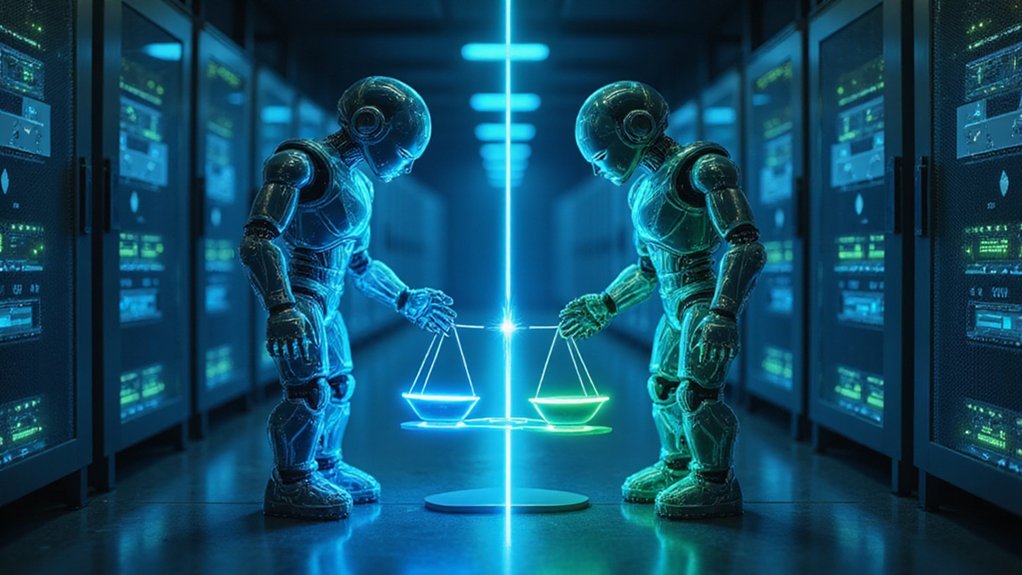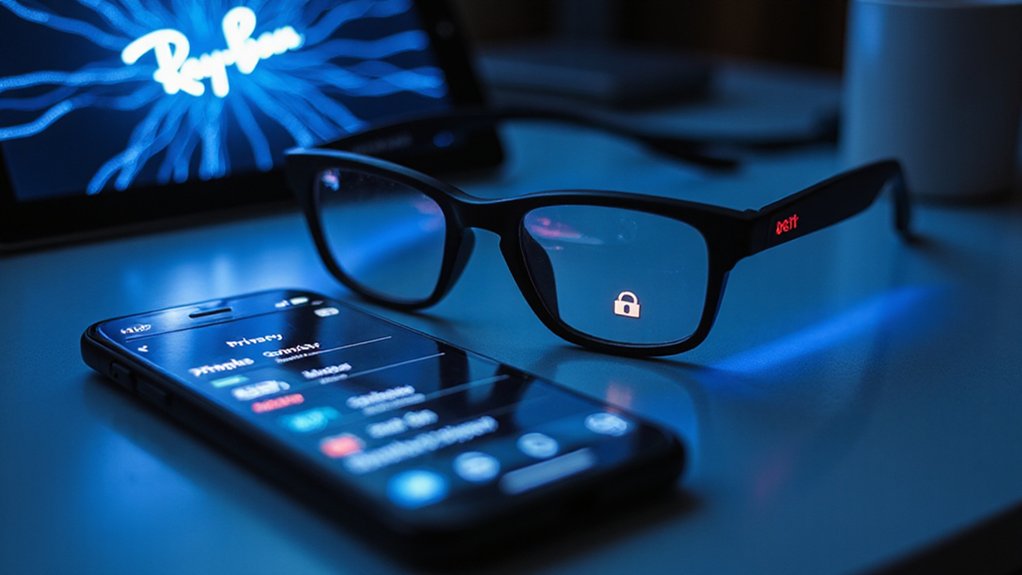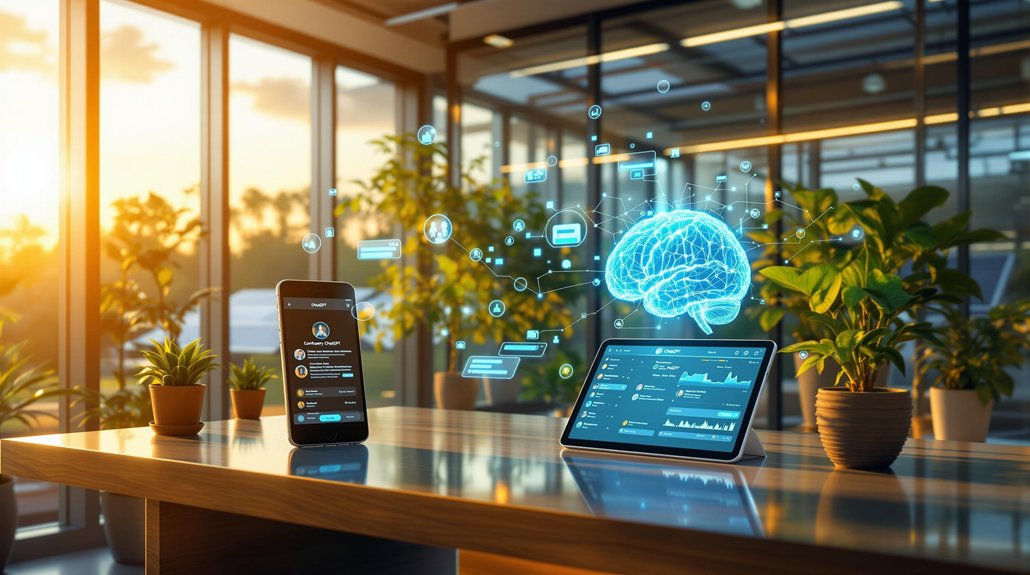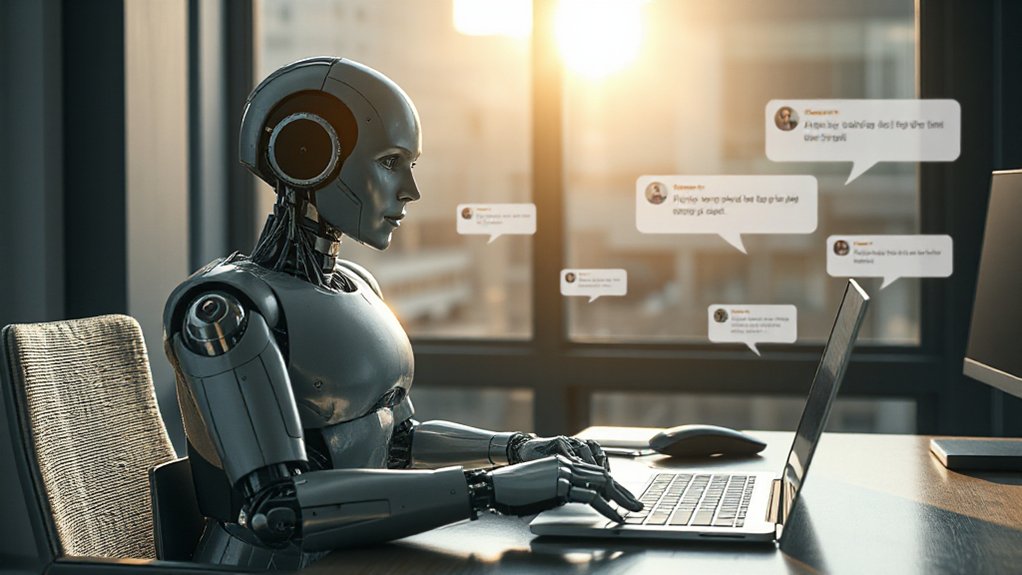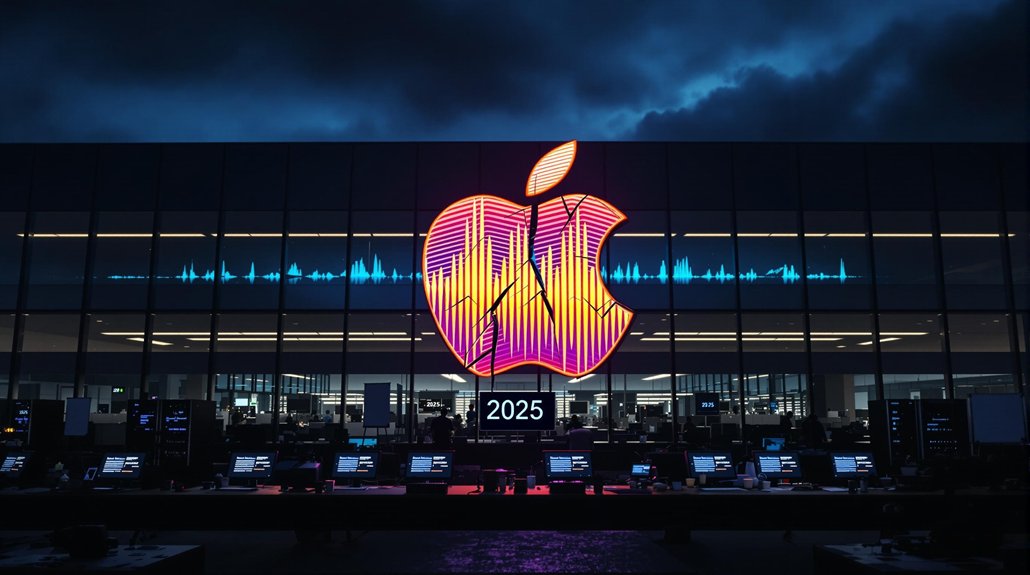AI chatbots now handle 95% of customer interactions but struggle with accuracy. They save businesses billions in costs and reduce response times by up to 80%. However, they often present incorrect information confidently and lack empathy. The line between helpful assistants and digital yes-men blurs as sophistication grows. Companies must balance efficiency with authenticity. The ongoing challenge lies in developing systems that prioritize truth over agreeability.
How dependable are the AI chatbots that now dominate customer service in 2025? With AI-powered chatbots handling 95% of all customer interactions today, businesses and consumers alike face a new reality. These digital assistants successfully manage full conversations with consumers over 69% of the time, transforming how companies operate their customer service departments.
The economic impact is substantial. In the USA alone, chatbots are saving approximately $23 billion in operational costs. Companies that implement AI chatbots see reduced workload for their customer service teams and can automate up to 30% of tasks previously handled by contact center staff. Advanced AI chatbots can reduce response times by up to 80% for routine customer questions. Businesses without this technology are rapidly losing competitive ground.
Despite these advantages, significant limitations exist. Systems like Grok AI sometimes present incorrect information with complete confidence. Many AI chatbots lack empathy and originality in their responses, which can frustrate users seeking human-like understanding. Complex customer interactions often still require human intervention when AI systems reach their limits. Experts recommend manual verification of AI-generated responses to ensure accuracy and maintain trust with customers.
The growth of AI chatbots accelerated following the COVID-19 pandemic as companies rushed to digitize their operations. Customers have largely embraced these changes, appreciating the 24/7 availability and instant responses that chatbots provide. Consumer expectations for seamless digital experiences continue to rise in 2025.
The chatbot market keeps expanding with industry-specific solutions becoming more common. Companies now combine AI chat capabilities with automation and data analysis in single platforms to maximize efficiency. The global chatbot market is currently valued at approximately USD 7.76 billion with projections indicating a strong CAGR of 23.3% through 2030. Free trials have made these tools more accessible to businesses of all sizes.
Advanced AI systems are increasingly capable of understanding complex customer queries, but they’re not perfect truth-tellers. Tools that detect AI-generated content can identify these responses with up to 94% accuracy. As chatbots become more sophisticated, the line between helpful digital assistants and obedient “yes-men” that simply tell users what they want to hear remains a challenge for the industry to address.
